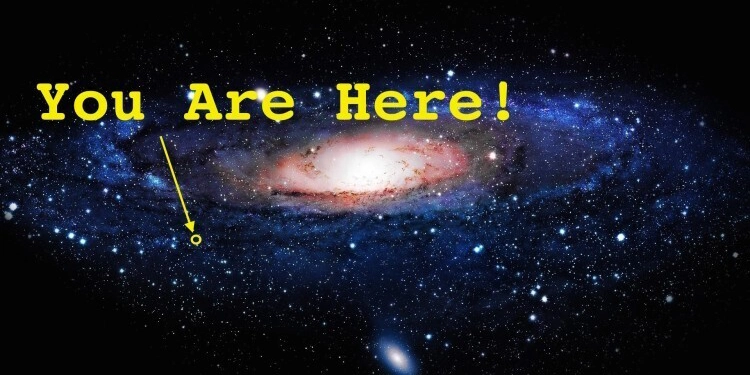
Ditch Big Tech? Exploring Decentralized Social Media Growth & What It Means For You in 2025
Tired of feeling like a product on mainstream social media? Decentralized social media platforms are rising as privacy-focused alternatives. But can decentralized social media truly compete with giants like Facebook and Instagram in 2025? Let's dive into the decentralized landscape and explore its potential impact on your digital life.
What is Decentralized Social Media Anyway? (And Why Should I Care?)
Imagine a social network where you own your data, not a corporation. That's the core idea behind decentralized social media.
- You're in Control: Unlike traditional platforms, decentralized networks distribute data across multiple independent servers.
- Say Goodbye to Censorship?: Content removal becomes much harder, offering a platform for free speech.
- Take Your Account Anywhere: Interoperability allows you to move your profile and connections between platforms.
- Algorithm-Free (or Algorithm-Choice): Reduced reliance on manipulative algorithms puts you in charge of what you see.
The Decentralized Social Media Landscape: Players You Need to Know
The decentralized world isn't just a concept – it's already here.
- Mastodon: A popular Twitter-like platform with over 15 million users.
- Bluesky: Jack Dorsey's project aims to create portable accounts that work across different apps.
- Lens Protocol: Integrates decentralized finance, allowing creators to monetize their content directly.
Why Decentralized Social Media is Booming: The Advantages You'll Love
Why are people flocking to decentralized alternatives? Several key advantages are driving the surge of decentralized social networks.
- Privacy is Back: Fed up with data breaches? Decentralized platforms prioritize your data privacy. You aren't constantly tracked for advertising.
- Transparent Algorithms: Tired of "black box" algorithms? Decentralized options offer transparent content discovery systems. Some even let you choose your own algorithms.
- Community Rules: Want a say in how the platform is run? Participating in a decentralized social network gives you a voice in platform policies and development.
- Data Ownership: Control of your content and social graph.
The Challenges Ahead: Why Decentralized Isn't Mainstream Yet
Despite the hype, decentralized social media faces significant hurdles to mainstream adoption. Growing popularity of decentralized social networks won't translate to dominance overnight.
- The Network Effect Problem: Everyone already uses Facebook and Instagram. Convincing them to switch is tough.
- User Experience Hiccups: Decentralized platforms can be technically complex. Jargon like "federation" and "key management" can scare off mainstream users. UI Improvement and reducing technical language increases chance of adoption for the average user.
- Moderation Nightmares: Who decides what's acceptable on a platform resistant to censorship? Dealing with hate speech and illegal content is tricky in an environment emphasizing freedom of speech.
- The Money Question: How do decentralized platforms make money without selling your data?
Hybrid Models: The Bridge to a Decentralized Future?
The future might not be entirely decentralized. We're seeing hybrid models emerge, combining the best of both worlds.
- Centralized Ease, Decentralized Control: Platforms like Element package decentralized infrastructure in user-friendly apps, achieving broad adoption.
- Traditional Players Experimenting: Even LinkedIn is exploring decentralized identity features.
Looking Ahead: The Future of Your Social Media Experience
decentralized social media is here to stay. Whether it overtakes the giants remains to be seen. But its influence on privacy, transparency, and user control is undeniable. The competition will drive innovation and give you more choices. The question isn't if decentralized social media can compete, but how it will transform your online social experience of tomorrow.























